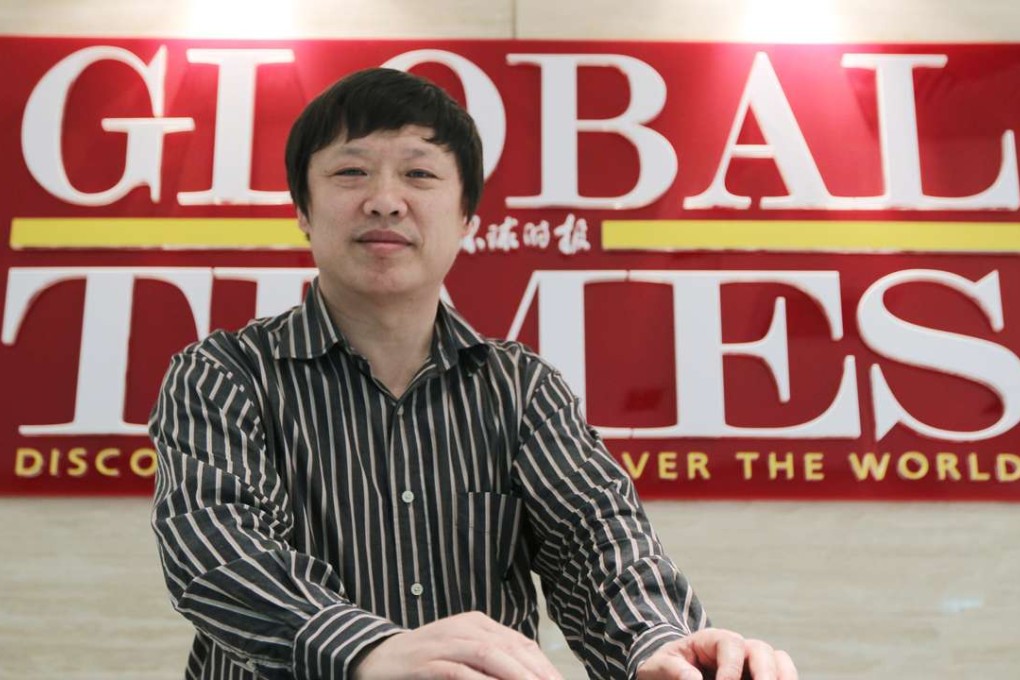China’s foreign ministry joins war of words against Singapore over South China Sea dispute
China wades into envoy’s media dispute after ambassador wanted maritime issues included in summit document

The foreign ministry has blamed an unspecified “individual nation” for stirring up tensions over the South China Sea dispute after an unusual war of words broke out between the Singaporean envoy and the editor-in-chief of an influential mainland tabloid newspaper.
The incident underscores the difficulty Singapore faces in maintaining good ties with an assertive Beijing.
Without directly naming Singapore, foreign ministry spokesman Geng Shuang said an “individual nation” had insisted on including South China Sea issues in the final document of the recent Non-Aligned Movement (NAM) Summit held in Venezuela on September 18.
Geng was asked to comment on the tiff that erupted between Singaporean ambassador Stanley Loh and Hu Xijin, the editor-in- chief of Global Times, a nationalistic tabloid under People’s Daily.
He was referring to a report by the newspaper last Wednesday that claimed Singapore wanted to include the Philippines’ position on an international arbitration ruling on claims to the South China Sea in the final summit document, but the attempt failed.